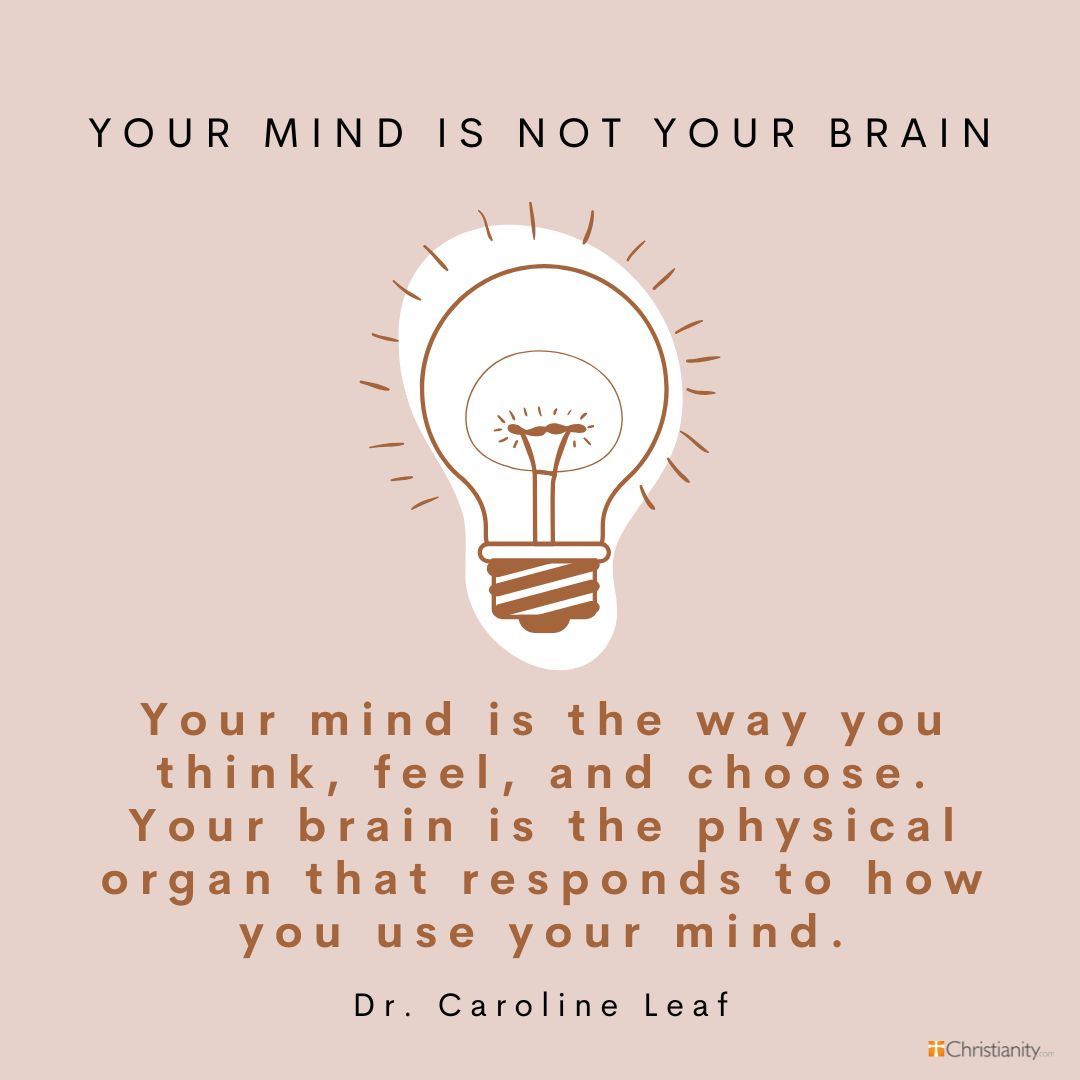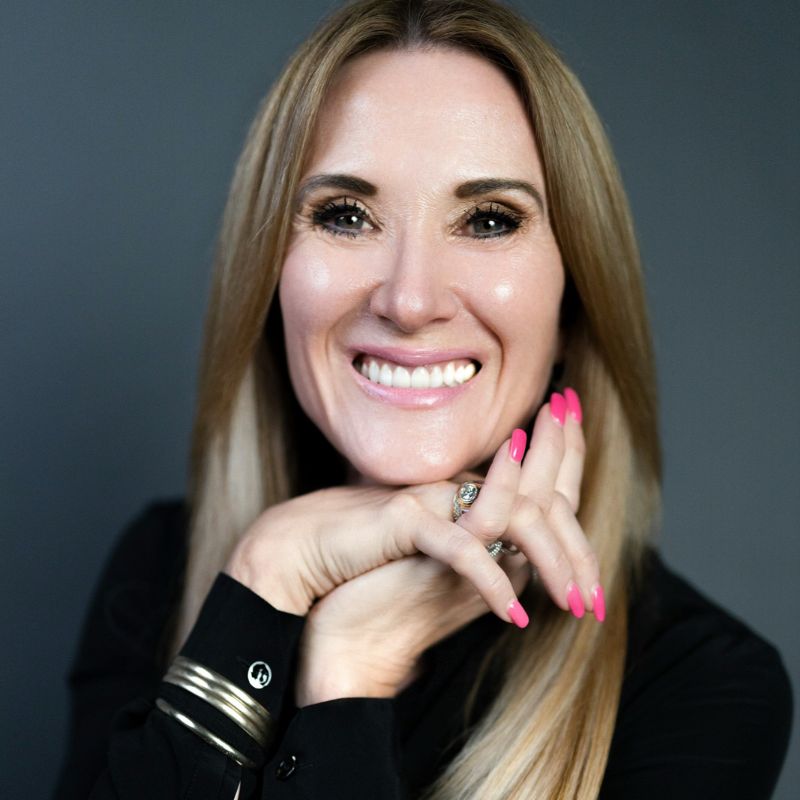Let me say this upfront: it’s okay to feel messy sometimes. It’s okay to not have it all figured out. It’s okay if you’re overwhelmed, confused, or exhausted from holding it all together. The truth is, life gets messy—and that’s not a sign of weakness. It’s a sign that you are human.
So many of us have been taught—directly or indirectly—that we need to “get over it,” “stay strong,” or “be positive no matter what.” But that mindset, though well-intentioned, can cause deep harm. It can stop us from processing what we feel, it can trap emotions in our bodies, and it can sabotage the very growth we’re trying to achieve.
Here’s the good news: Your mind was never designed to suppress emotions. It was designed to process them. And when we make space for self-compassion—especially in the middle of the mess—we unlock the brain’s natural ability to heal, regulate, and grow stronger.
Let’s unpack the science behind why showing yourself compassion is one of the most powerful things you can do for your mental health, especially when life feels out of control.
Your Brain on Compassion
Self-compassion isn’t self-pity. It’s not about making excuses or avoiding hard truths. It’s about acknowledging what you feel without judgment, and responding to yourself the way you would a dear friend.
When you’re kind to yourself, your brain responds. Studies in neuroscience have shown that self-compassion activates the parasympathetic nervous system, calming your body’s stress response and releasing oxytocin and endorphins—chemicals that help you feel safe, supported, and connected.
On the flip side, harsh self-criticism does the opposite. It increases cortisol, suppresses the immune system, and actually reduces your brain’s ability to problem-solve, emotionally regulate, and recover from trauma. When we beat ourselves up for struggling, we keep ourselves stuck in survival mode.
You can’t heal in a state of shame. But you can absolutely heal in a state of compassion.
It’s Not Weakness—it’s Wiring
Many people confuse self-compassion with weakness or self-indulgence. But from a neurobiological perspective, compassion is a protective, strengthening force.
In fact, self-compassion builds what I call “emotional immunity.” Just like physical immunity protects your body from disease, emotional immunity helps your brain and body stay resilient in the face of challenges. Self-compassion literally rewires your brain to respond to stress more calmly, recover from setbacks more quickly, and feel less threatened by uncertainty.
That’s why self-compassion isn’t something “nice to do if you have time.” It’s essential for mental well-being.
Growth Doesn’t Happen in Perfection—it Happens in the Mess
Let me be real with you: personal growth is not linear. It’s not neat or Instagram-worthy. And it’s certainly not about having all the right answers. It’s about being brave enough to stay in the discomfort long enough to understand what it’s trying to teach you.
So many people ask me, “Dr. Leaf, how do I know I’m growing?” And I often say: If you’re feeling a little uncomfortable, if your emotions are rising, if you’re noticing your patterns more clearly than ever before—that’s growth.
We don’t grow because we avoided the pain. We grow because we leaned into it, reflected on it, and chose to show up with compassion instead of shame.
When you say, “I’m allowed to feel this,” your brain doesn’t shut down. It opens up. You shift from survival to healing. From chaos to clarity.
Compassion ≠ Complacency
Now, let’s clear up a big myth: Self-compassion is not the same as letting yourself off the hook.
In fact, compassion helps you take more responsibility, not less. It creates a space where you can reflect on your actions and feelings without falling into guilt, defensiveness, or despair. That space is where true transformation happens.
It’s not “I’m a failure because I feel anxious.”
It’s “I’m human, and I feel anxious. What can I learn from this? What does my mind need right now?”
This mindset creates a safe internal environment for change to occur. That’s where the magic happens.
The Mind-Brain Connection: Why it Matters
One of the biggest discoveries in my decades of research is that your mind is not your brain. Your mind is the way you think, feel, and choose. Your brain is the physical organ that responds to how you use your mind.
This means that when you practice self-compassion—when you intentionally choose kindness over judgment—you’re not just “being nice to yourself.” You are activating neuroplasticity. You are literally reshaping your brain to become more resilient, regulated, and responsive to life’s challenges.
That’s powerful. And it’s accessible to you right now.
It’s Okay to Feel Messy. Really.
Here’s your permission slip, if you need one: It’s okay to cry. It’s okay to be confused. It’s okay to not have it all together.
In fact, the sooner you allow yourself to be honest about what you feel, the sooner your brain can begin healing and adapting in a healthy way.
This is what I talk about in my new book, Help in a Hurry. It’s a practical guide filled with simple yet powerful mindset shifts to help you navigate life’s hardest moments with more grace and less guilt.
You’ll learn how to:
-Stop spiraling in toxic thought patterns
-Reframe self-judgment into self-leadership
-Understand how your mind influences your brain and body
-Use quick mental resets to calm your nervous system
-Build emotional strength—even when everything feels chaotic
And most importantly, you’ll learn how to turn your mess into meaning.
A Simple Practice to Start Today
If you’re feeling overwhelmed or stuck in self-judgment right now, try this:
1. Pause.
Take a deep breath. Remind yourself you are safe in this moment.
2. Name it.
Label the feeling with compassion: “I’m feeling anxious right now.” Or “I’m feeling discouraged.”
3. Validate it.
Say, “It’s okay to feel this way. I am allowed to feel this.”
4. Ask yourself:
“What do I need right now?” Maybe it’s rest. Maybe it’s movement. Maybe it’s a comforting word.
5. Choose a response.
Choose a response rooted in kindness, not perfection. That might mean taking a break, journaling, or speaking a truth out loud.
Repeat this as often as you need. These small shifts change everything over time.
You’re Not Broken—You’re Becoming
I want you to hear this loud and clear: You are not broken. You are becoming.
Healing isn’t about erasing the mess. It’s about learning to walk through it with courage and compassion. And you don’t have to do it alone.
If you’re navigating a tough season or if you just want to build more emotional resilience and peace, I invite you to check out my new book:
👉 helpinahurrybook.com
It’s your science-backed toolkit for calm in the chaos—because your mental health deserves more than a band-aid. It deserves a complete mindset upgrade.
Your emotions are not enemies to be defeated. They’re messengers to be heard. When you listen with compassion, you unlock wisdom, growth, and healing.
So give yourself permission to feel messy. Let go of the need to “fix” everything right away. Trust the process of becoming. And know this: You are doing better than you think.
With love and compassion,
Dr. Caroline Leaf
Cognitive Neuroscientist | Mental Health Researcher | Author of Help in a Hurry
👉 Order your copy today at helpinahurry.com
Related Resource: Has Wine Become an Idol in Your Life, in Society?
On today's episode of But Jesus Drank Wine: And Other Stories That Keep Us Stuck, we tackle a topic that hits close to home for many women of faith: Has wine—or any other comfort—become more important than your relationship with God? Using a biblical lens, they explore the concept of idolatry: anything that takes up too much of our time, energy, money, or mental space—ultimately distracting us from intimacy with Jesus. While idolatry may sound like an Old Testament word, the truth is, modern-day idols are everywhere. And for many of us, alcohol quietly takes up far more space than we realize.
If you’ve ever wondered why alcohol feels so important—or if life without it might feel more aligned with the life God has for you—this episode will guide you gently but boldly toward freedom. Listen to But Jesus Drank Wine on LifeAudio.com, or subscribe on Apple or Spotify so you never miss an episode!
Photo Credit: ©Unsplash/Kinga Cichewicz

🧠 Ready to reset your mind before stress takes over?
👉 Order Help in a Hurry at helpinahurrybook.com and discover the power of small daily shifts that protect your peace and rewire your brain for calm, resilience, and clarity.




.jpg)